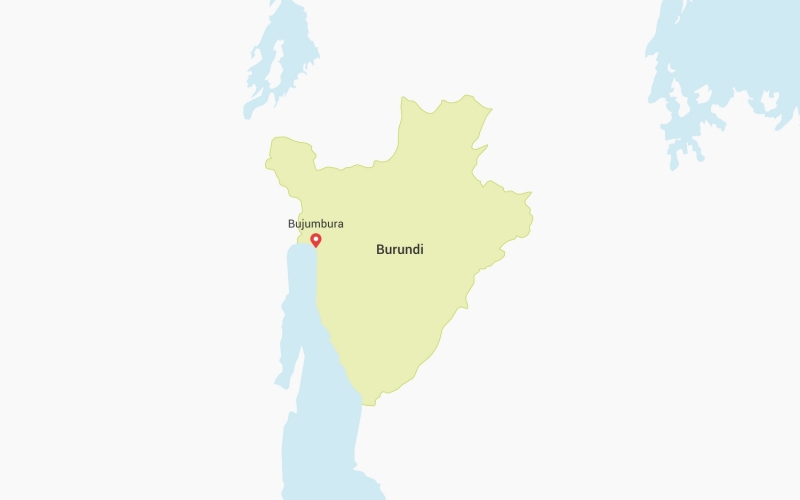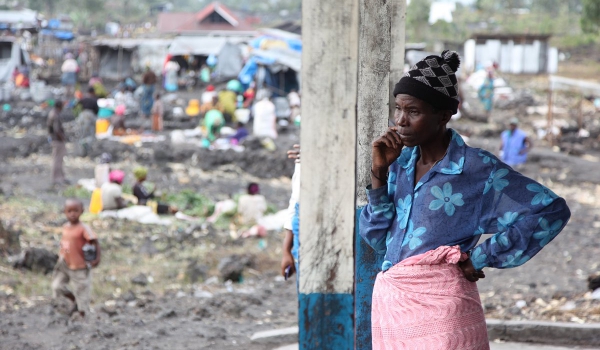
Burundi signed the Rome Statute in January 1999 and ratified it in September 2004. Throughout its history, Burundi has experienced allegations of serious international crimes in the course of numerous civil wars. In April 2016, after numerous communications about alleged Rome Statute crimes including killings, arbitrary detentions, enforced disappearances, torture, rape and other forms of sexual violence, the ICC prosecutor announced a preliminary examination of the situation in the country from April 2015 onward, when demonstrations and violence erupted over the incumbent president’s decision to run for a third term. Civil society has called for justice for all victims of grave international crimes.


